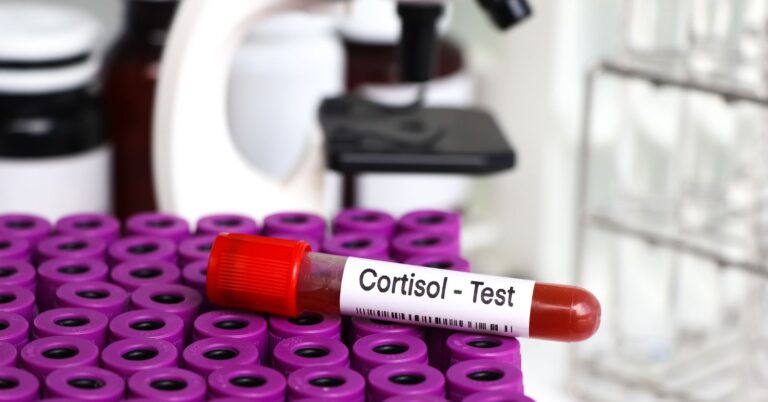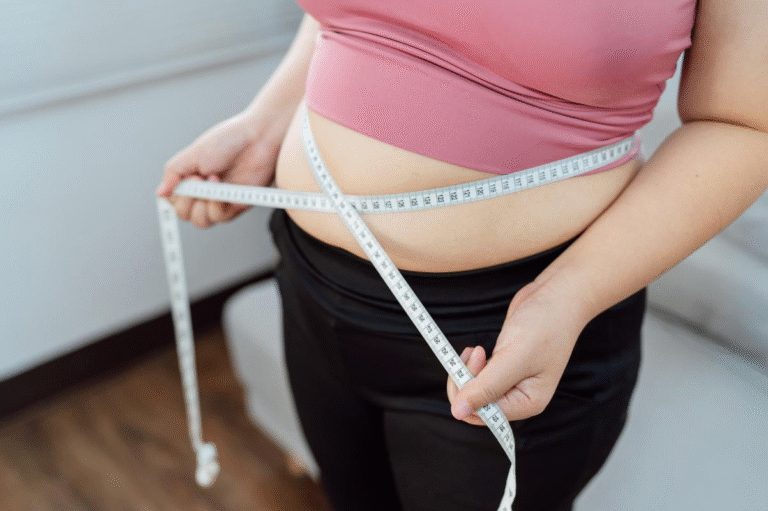12 Guaranteed Signs of Perimenopause Every Woman in Her 30s & 40s Should Know
You’re not dreaming if you’re in your 30s or 40s and you’re experiencing changes in your mood, energy, sleep patterns, or menstrual cycle. The natural hormonal shift preceding menopause, known as perimenopause, may be upon you. Perimenopause can last anywhere from two to ten years and frequently starts earlier than most people anticipate, sometimes as early as the mid-30s. Early detection of the symptoms can help you take charge of your health and get your body and mind ready for the future.
What Experts Say About Perimenopause Onset
According to Dr. Mary Jane Minkin, an OB-GYN professor at Yale School of Medicine, “most women think menopause hits suddenly in their 50s, but the hormonal shifts actually start much earlier.” “Early detection of perimenopause symptoms can help women manage them more effectively, whether through supportive care, hormone therapy, or lifestyle changes,” she continues. “Irregular periods and hot flashes are just part of it,” concurs Dr. Jen Gunter, OB-GYN and author of The Menopause Manifesto. Anxiety, sleep problems, and brain fog can appear years before your last menstrual cycle.
What the Research Shows
Nearly 60% of women in their late 30s reported having early perimenopausal symptoms, but only 20% identified them as such, according to a 2023 study published in the Journal of Women’s Health. The effects of varying estrogen and progesterone levels on the brain, heart, skin, and mood in addition to reproductive health were emphasized in another 2022 NIH review. The perimenopause is a hormonal shift that affects the entire body and goes beyond periods.
12 Early Signs of Perimenopause Women Shouldn’t Ignore
Here are the most common early perimenopause symptoms that may start appearing in your 30s or 40s:
1. Irregular Periods
Cycles may get shorter, longer, lighter, or heavier—sometimes unpredictably.
2. Increased PMS Symptoms
Mood swings, irritability, or bloating may worsen due to hormonal fluctuations.
3. Night Sweats or Hot Flashes
Even occasional temperature surges can signal early estrogen drops.
4. Sleep Disturbances
Trouble falling or staying asleep is often one of the first symptoms.
5. Brain Fog or Memory Lapses
Difficulty concentrating or forgetfulness can be linked to hormone-related brain changes.
6. Fatigue
Feeling drained even after a full night’s rest? Hormones may be to blame.
7. Mood Changes or Anxiety
Fluctuations in estrogen can increase susceptibility to anxiety or depression.
8. Low Libido
Hormonal shifts may reduce sexual desire or response.
9. Vaginal Dryness or Discomfort
Less estrogen can affect vaginal tissues, leading to dryness or discomfort during intimacy.
10. Weight Gain Around the Midsection
Hormonal changes can affect metabolism and fat storage, especially in the belly area.
11. Changes in Hair or Skin
Thinning hair or dry, dull skin may result from declining estrogen.
12. Breast Tenderness
Unexpected sensitivity or swelling in the breasts can indicate hormonal fluctuation.
Why Recognizing Perimenopause Early Matters
Missed chances for relief and prevention may result from ignoring the early symptoms of perimenopause. Uncontrolled hormone fluctuations, for instance, can raise your risk of heart disease, osteoporosis, and mental health problems. Knowing what’s going on enables you to make well-informed decisions regarding lifestyle changes, hormone replacement therapy, or holistic methods. According to the Mayo Clinic, awareness and early support can reduce symptom severity and improve long-term health outcomes.
Natural Lifestyle Tips to Manage Early Perimenopause
While every woman’s experience is unique, these evidence-based strategies can help ease symptoms:
- Exercise Regularly – Improves mood, sleep, and bone health
- Eat a Hormone-Friendly Diet – Include leafy greens, flaxseeds, soy, and omega-3s
- Prioritize Sleep Hygiene – Stick to a schedule, limit screens, and try magnesium
- Stay Hydrated – Helps with bloating, skin health, and energy
- Practice Stress Reduction – Yoga, meditation, or deep breathing can balance cortisol
- Track Your Cycle – Use apps to log changes in periods and symptoms
- Talk to Your GP or Gynecologist – Ask about bloodwork or HRT options
Final Takeaway
The perimenopause is a potent new beginning, not the end.
Women can take control of their health, emotionally prepare, and look into support networks before their symptoms become incapacitating by being aware of the early indicators of perimenopause. It’s worthwhile to speak candidly with your healthcare provider if you’re experiencing changes in your energy, mood, or cycle. Your 30s and 40s are the ideal years to take control of your life; don’t wait until symptoms start to interfere. For more medically reviewed info on women’s hormonal health, visit Healthline’s perimenopause guide or the NIH Office of Women’s Health.
Check out the healthlynic ✔️approved range of products for Weight Loss, Improve metabolism and much more!







